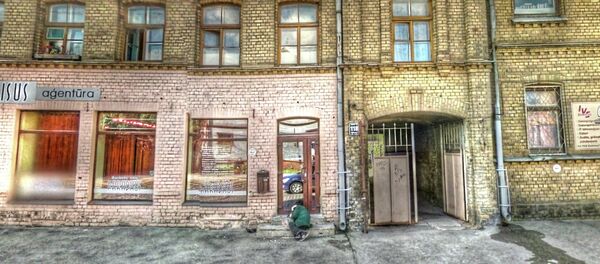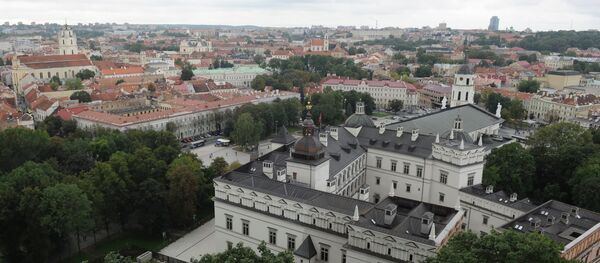The Strasbourg-based court's Grand Chamber found that Vytautas Vasiliauskas, a former Soviet security officer, was tried on the basis of "legal regulations which did not exist in 1953," either domestically or in international law, meaning that his conviction violates the European Convention on Human Rights.
Vasiliauskas, a former officer of the Lithuanian branch of the KGB, participated in roving battles against partisans in Sakiai, southwestern Lithuania, in the early 1950s. The officer's efforts resulted in the wounding and capture of a Lithuanian partisan, who was tried and given a 25 year sentence in a labor camp.
According to BNS, the Court's decision could become an important legal precedent in Lithuania in assessing Soviet crimes against the country. Last year, the country's Constitutional Court ruled that Soviet deportations and repressive operations carried out in the post-war period could be equated to genocide, if it could be shown that the crime resulted in the destruction of a significant part of the Lithuanian nation. BNS pointed out that "in Lithuania, genocide is defined more broadly than in international law."
Lithuanian legal experts are split on whether Stalin-era crimes could be equated to genocide. Some say that the definition could be definitively applied only to the Nazi occupation (which resulted in the death of about 90% of the country's pre-war Jewish population). Opponents suggest that Soviet mass deportations to Siberia, together with security forces' operations to root out and destroy partisan groups, may also fall under the definition of genocide.
About 50,000 Lithuanians participated in the anti-Soviet resistance movement following the Second World War. Approximately 20,000 partisans were killed during the course of the campaign, together with nearly 13,000 Soviet security officers and over 2,600 pro-Soviet civilians. The campaign also resulted in the forced resettlement of over 130,000 Lithuanians to other parts of the Soviet Union, mostly to Siberia, where as many as 20,000 died due to poor living conditions.




